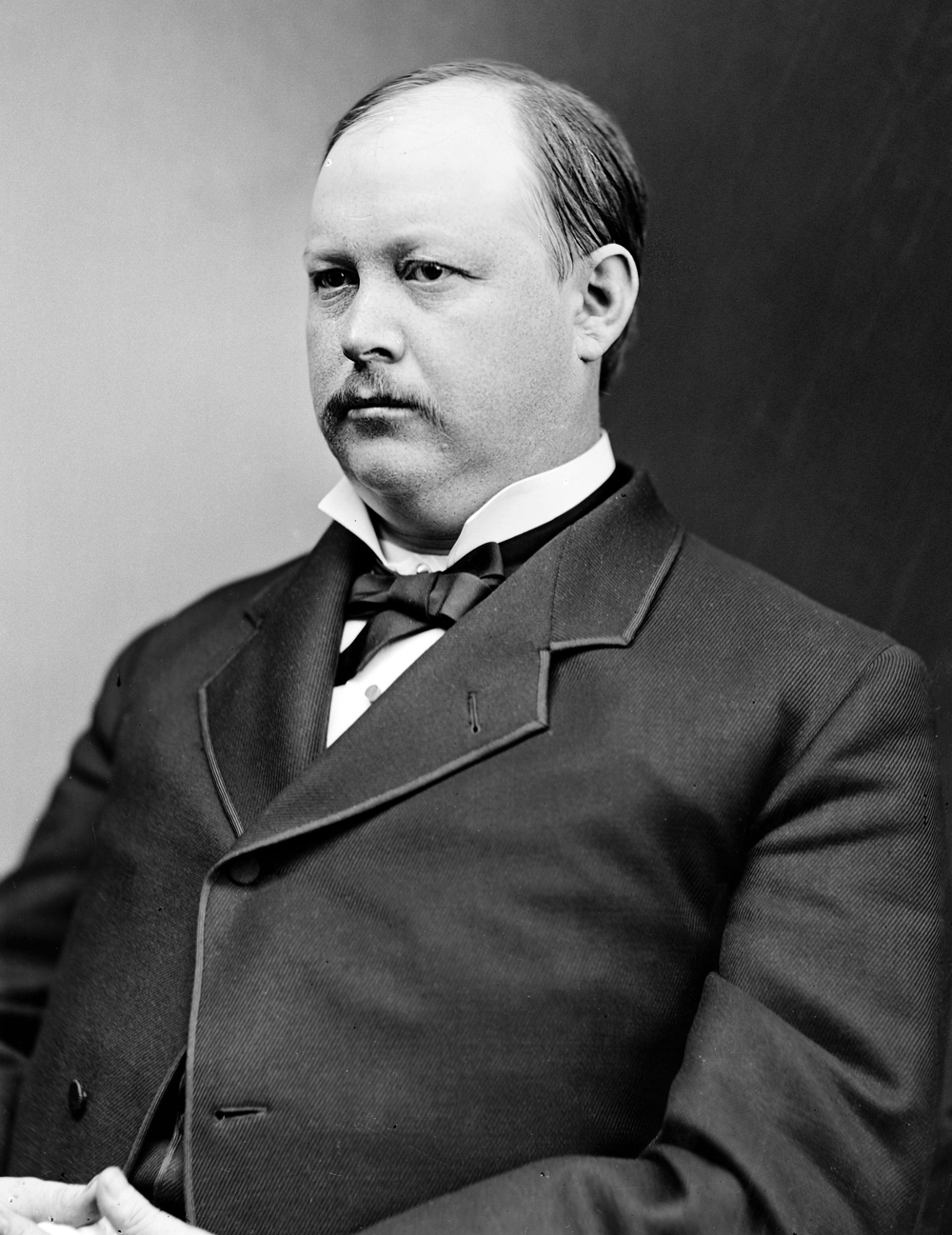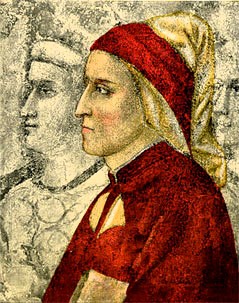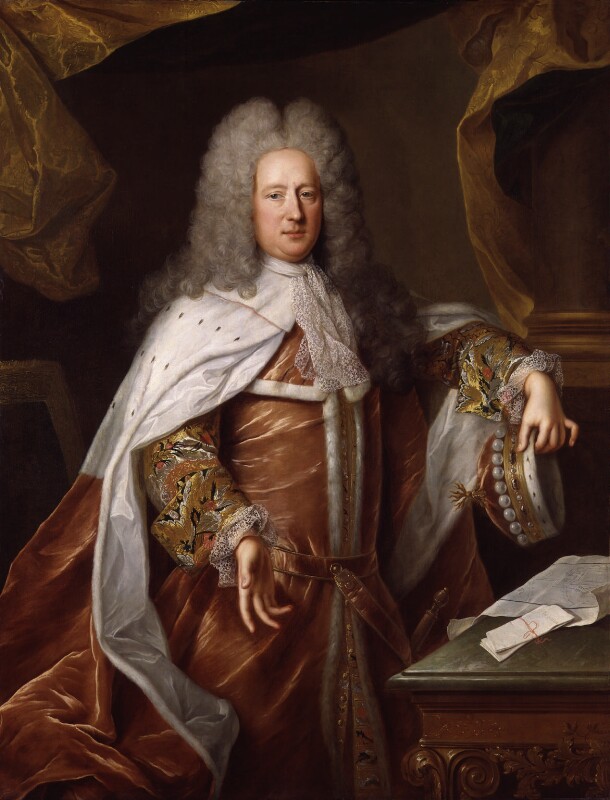From the pages of a scrapbook devoted to poetry come the dueling poems. "Miami" was written by C. H. B. Floyd in 1915. The following poem, "Tallahassee," was published anonymously in 1918, however a note in Hodges' distinctive script reads, "I wrote this in reply to one on preceding page".
 |
Miami in 1915,
Florida Memory, http://floridamemory.com/items/show/32813 |
MIAMI
by C. H. B. Floyd
Miami is the conning towner of our world,--
The nations now begin to delegate
Their best to make this land's-end Home!
How near the center of the trade
Of all the earth she was before
The war! Within three decades
After Berlin falls and our flag
In the black night of Germany--
The-damned, shines out
Like seven clustered pleiades
In August dawn in Florida
When all the sparkling east
Emerges from a thunder-storm,--
In forty winters' time will prove
That here, this very town,
That trembles at her half-guessed
Royal future,--here will be
The Carthage of the human race for ages;
Here the major-settlement of man,
Here the earliest town to win
A hundred million souls, the
Vastly greater sister-city
Of Calcutta--Miami, mankind's mother,
Friend of dying coal, Miami and her
Bridgegroom-Sun whose loving warmth
Depopulates the freezing Petrograds.
I like to fancy Destiny
Has made Miami home and advertised
Her choice by this,--that now
She is the home of that one man
Who as the master-intellect
Of living men; and also now
She is the home of the most beautiful,
The very loveliest woman in the world!
I saw her leave the
Pullman-car last night
And kiss her father and her mother.
"That is the greatest city
Which contains the fairest women."
With purity and joy. A light,
Like prayer made visible, glowed
On her eyes and cheeks and lips--
She is
The spirit of Miami mirrored in the flesh.
 |
| Goodwood grounds, c 1918 |
TALLAHASSEE
by William Cabot Hodges
Our Poet Laureate has sung a song
Of fair Miami and likened her to Carthage;
By his graceful pen this new and Glorious city,
Is ever warm--the friend of tourists
From far and frozen Petrograds.
Let one unknown, who dabbles not in verse,
Tell of another town--we'll call it Rome,
Not Carthage;
Built high upon the hills,
Its gardens grown with rare old roses,
And heliotropes and brighter annuals;
Where cool winds make one still know
The calendar of four seasons--and not eternal
Summer:
Where on Sunday evenings church bells
Chime from ivy mantled towers their orisons
To quiet village folks,
And lead them to dwell on future things.
Long, long ago, almost too long,
A traveler visited both Rome and Carthage,
Two thousand years beyond their prime, and found,
Rome, rose laden, touched with now and then
A wintry wind, imperial still, --
But Carthage, supine upon her heated sands,
Had never been re-built and prostrate lay:
And when some one two thousand years from now,
Looks at these two replicas of Imperial cities,
Which one will remain?
The one that stretches its great arms beside a
Summer sea upon the sands in eternal summer,
Or the one that nestling among the roses, in
The hills, cooled by the winds from far away
In each breath of fragrance sighs contentedly
This is Home.











































